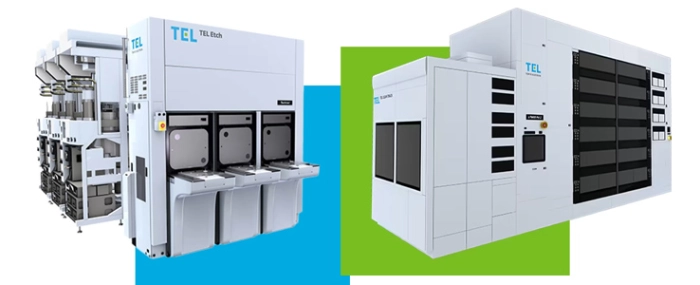
US, Japan near deal to restrict chip tech exports to China
But Japanese companies fear China could hit back with a blockade on key minerals like gallium and graphite that would impact the country’s chip and EV industries.
The US and Japan are inching closer to an agreement to restrict tech exports to China’s chip industry, despite Tokyo’s concerns over potential retaliation from Beijing, according to a report by the Financial Times.
The White House aims to introduce new export controls in the next few months, including rules requiring non-US companies to obtain licenses before selling products that could boost China’s tech sector.
US officials have been engaged in extensive discussions with Japan and the Netherlands to align export control policies, aiming to prevent Japanese and Dutch companies from being affected by the US “foreign direct product rule.”
Sources told FT that the Biden Administration is keen to reach a deal with Tokyo ahead of the November US presidential election.
While a breakthrough may be near, Japanese companies fear China could hit back with a blockade on key minerals like gallium and graphite that would impact the country’s chip and EV industries.
Japan and the US are reportedly discussing strategies to mitigate the impact of such retaliatory measures.
The new restrictions will make it more difficult for China to access critical chipmaking equipment, and also impact companies like ASML in the Netherlands and Tokyo Electron in Japan.
The US also wants curbs on servicing these tools, including software updates and maintenance, to further clamp down on China’s chip ambitions.
Such measures have already been imposed on US firms and citizens.
Japanese chip toolmaking giant Tokyo Electron earned nearly half its revenue from China in the second quarter of the year.
Earlier this month, China said it was “dissatisfied” with the Netherlands’ decision to expand export controls on ASML chipmaking equipment.
The Chinese statement came after the Dutch government said it would expand export licensing requirements for ASML’s Deep Ultraviolet immersion lithography equipment, aligning its rules with export restrictions on these tools imposed by the US in 2023.
Netherlands-based ASML makes some of the world’s most advanced chipmaking equipment. ASML’s deep ultraviolet lithography (DUV) machines are critical to the growth of higher-end chips.
“In recent years, in order to maintain its global hegemony, the United States has continued to ... coerce certain countries to tighten export control measures for semiconductors and (related) equipment ... China is resolutely opposed to this,” China’s commerce ministry had said.



